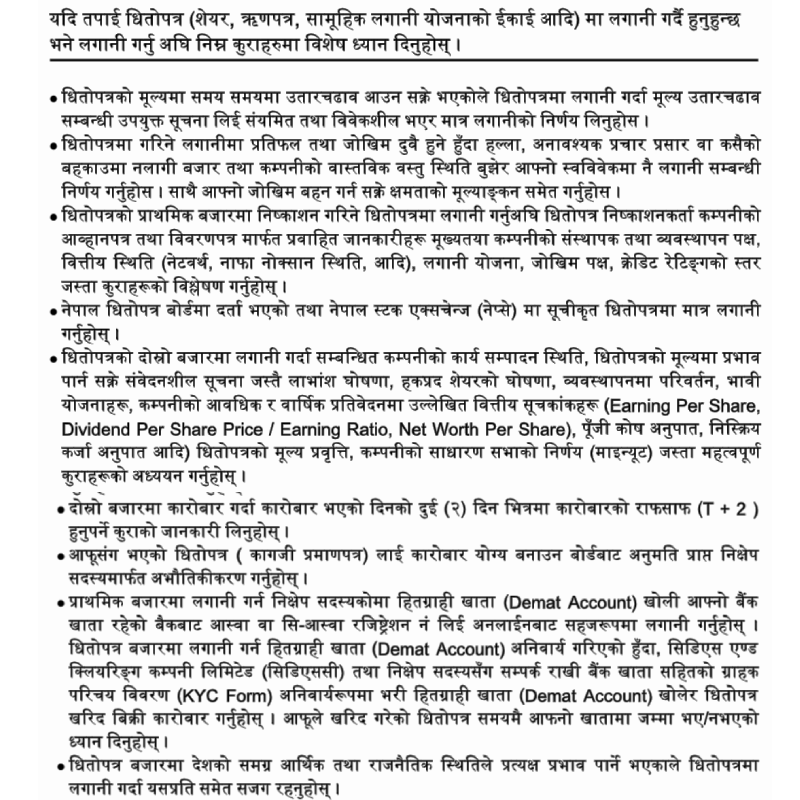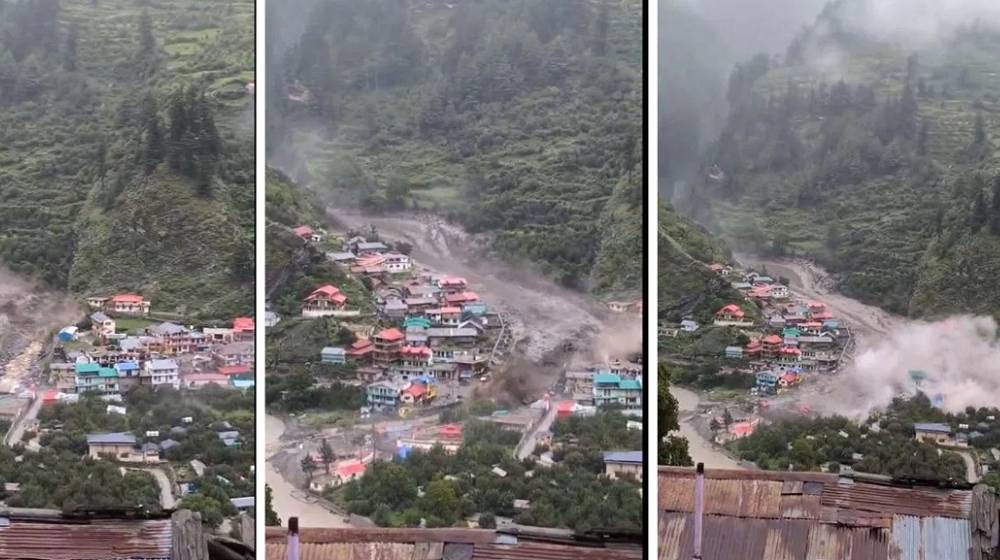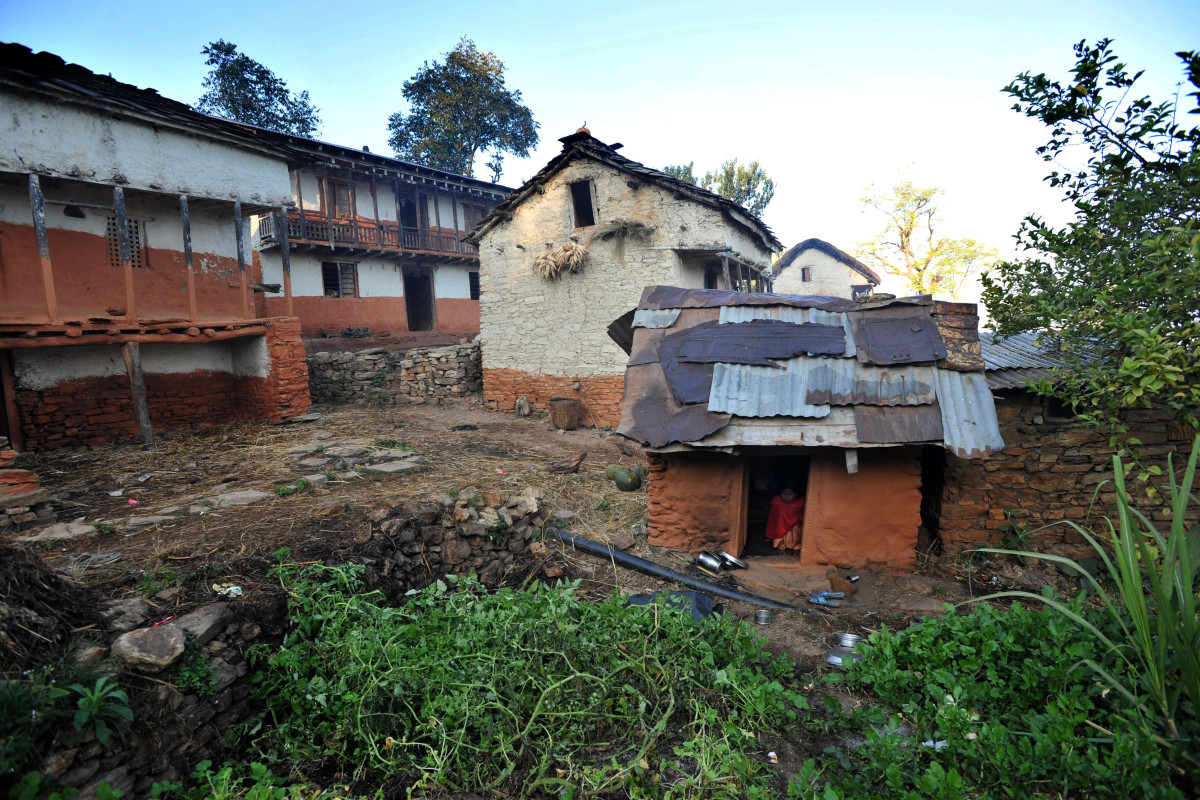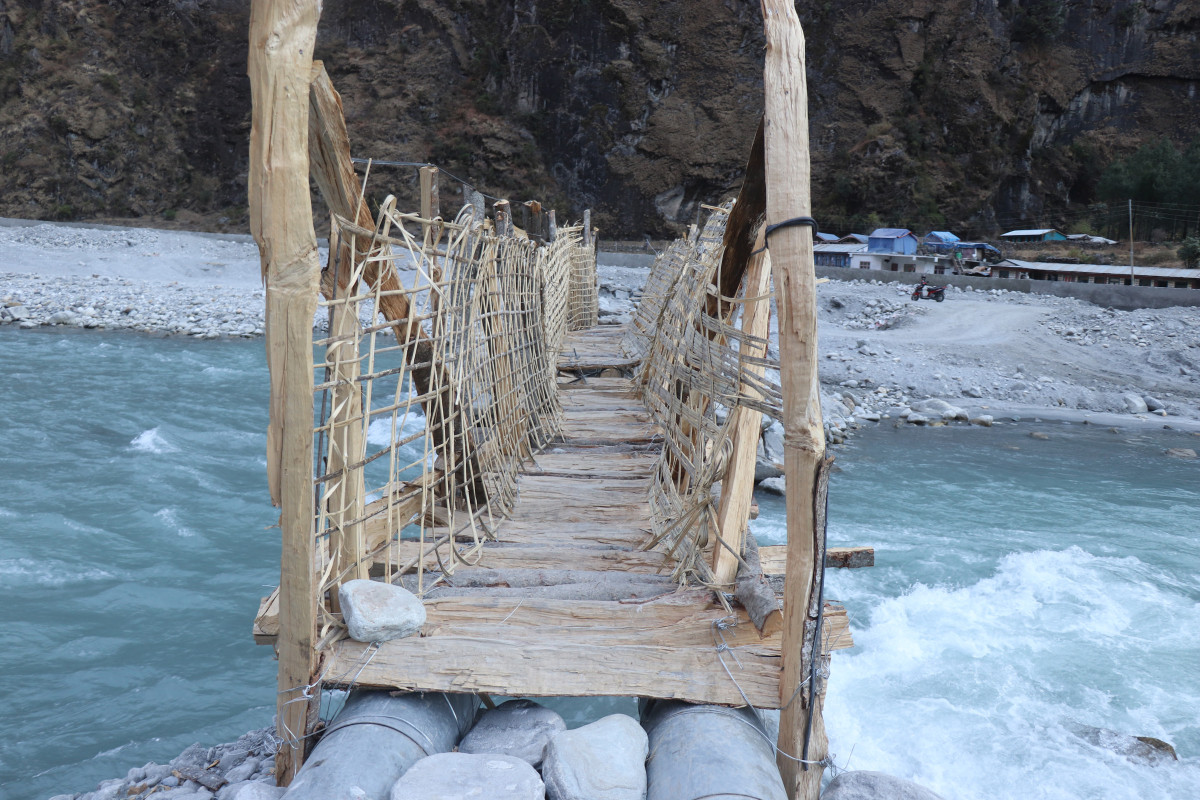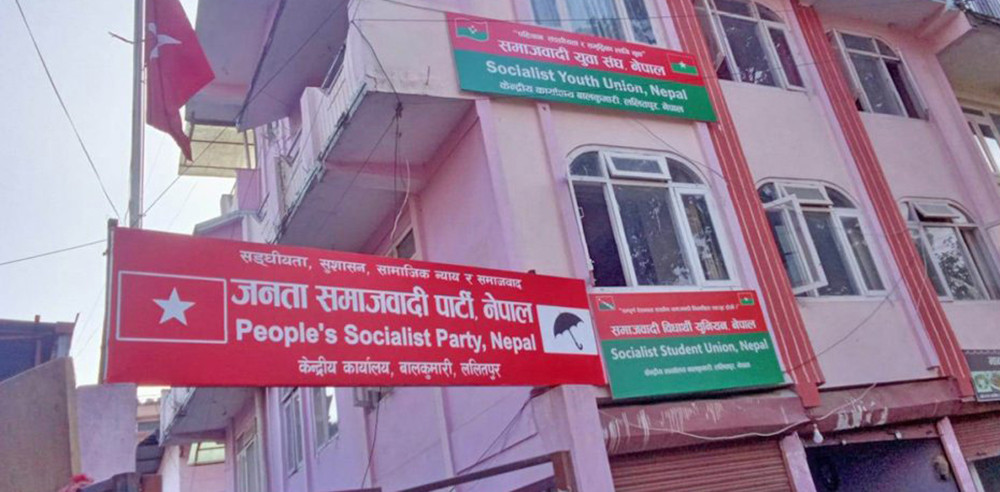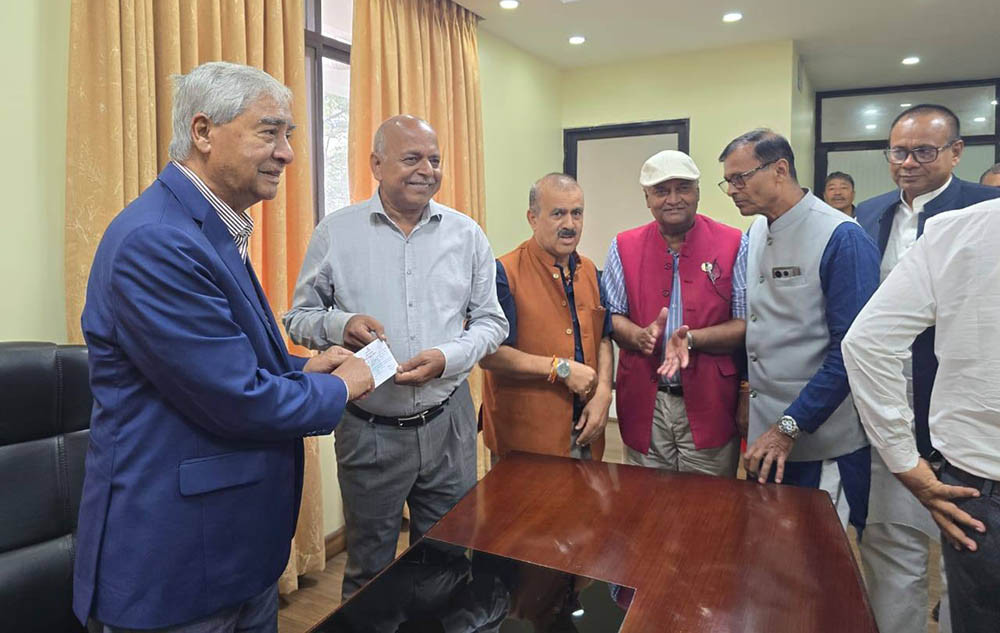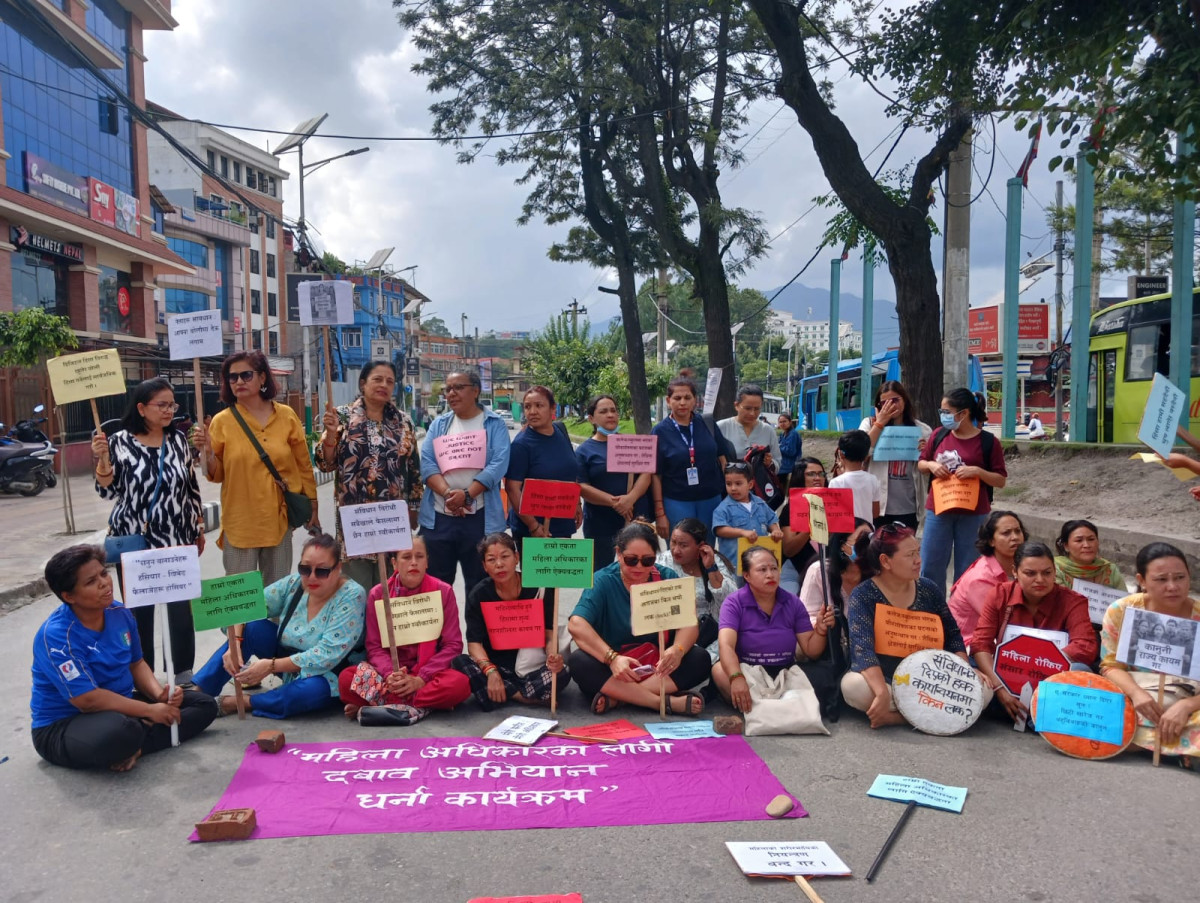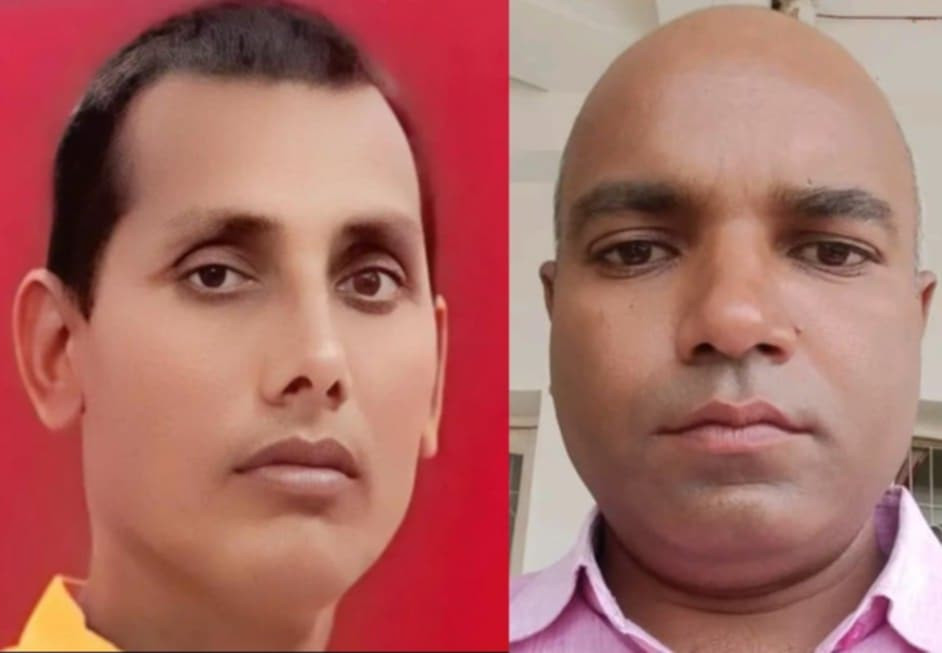Narayan Prasad Ghimire/A provision mandating a two-year "cooling period" for civil servants before they can secure any post-retirement appointments has sparked significant controversy, creating a tense standoff between the House of Representatives' State Affairs and Good Governance Committee and top bureaucrats. The contentious clause, which requires a two-year hiatus from public service, has drawn the ire of senior civil servants, particularly secretaries and the chief secretary, who are now aggressively lobbying for its removal.
After extensive debate, the consensus reached within the parliamentary committee has failed to resonate positively within the bureaucracy. Led by the Chief Secretary, a delegation of secretaries has reportedly visited top political leaders, including the Speaker of the House of Representatives and the Chairman of the National Assembly, to press their demand for the immediate scrapping of the cooling period.
Bureaucrats argue that the provision is discriminatory, as it exclusively bars them from holding political or constitutional appointments after retirement, unlike individuals from other professions. This perceived injustice has led some to question why such a restriction is imposed solely on the bureaucracy and not on politicians themselves.
The Nepali media has widely covered the bureaucrats' staunch opposition to the cooling period, with many headlines and editorials highlighting what they describe as opportunistic behavior within the civil service. Social media platforms have also become a forum for public outcry, with common citizens vehemently expressing their disapproval of the perceived nexus between politicians and bureaucrats, often pointing to what they see as the insatiable appetite for power within the bureaucracy.
Observers are bewildered by the apparent eagerness of administrative leaders to remain in power, even after decades of service. Questions are being raised about whether this desire stems from a pursuit of additional power and financial gain or a genuine commitment to national service. Critics ponder if civil service itself wasn't the optimal platform for these individuals to contribute and if post-service appointments are truly the only avenues to utilize their knowledge and skills.
The controversy has cast a shadow over the urgent need to enact a federal civil service act, crucial for the effective implementation of federalism in Nepal. Media reports suggest a potential erosion of trust between political parties and the bureaucracy. However, the bill is not yet final, as it still awaits deliberation and approval from the full House of Parliament. The possibility of the parliament deeming the cooling period unnecessary and subsequently reversing it remains.
While the ambition for career progression and higher positions is natural for civil servants, the sustained desire for appointments even after a long career warrants scrutiny.
Breaking the Politics-Bureaucracy Nexus
The current situation highlights a deeper issue: the symbiotic relationship between political parties and the bureaucracy, which critics argue has historically fostered collusion at the expense of public service, development, and progress. The intricate nexus between politics and bureaucracy, clearly exposed by the civil service bill, reveals a pattern where politics often manipulates, colludes with, and co-opts the bureaucracy rather than fostering a truly collaborative approach for the nation's benefit. This reciprocal relationship, which has long plagued governance in Nepal, demands immediate rectification.
Unfolding corruption scandals and financial irregularities underscore that corruption is not merely a bureaucratic issue but a pervasive cancer within Nepal's governance, often facilitated by the collusion of political parties, bureaucrats, and other vested interests. Top bureaucrats, in particular, are urged to prioritize curbing malpractices over lobbying for personal gain.
A truly competent and fearless bureaucrat, it is argued, would not seek political favors but rather leverage their authority to advocate for good governance and administrative improvements, which should be their primary focus.
Nepal faces numerous challenges, from sluggish economic growth (averaging around 4 percent) to unmet periodic development plan objectives, slow progress on Sustainable Development Goals (SDGs), and the looming threat of climate change. These pressing issues demand the serious attention and engagement of top administrators, rather than getting bogged down in disputes over personal appointments.
Former Finance Secretary Lal Shankar Ghimire, in an article titled "Is periodic plan mandatory?" published in Himal Khabar a year and a half ago, shed light on existing malaises in Nepal's development. He noted the recurring presence of the same participants in discussions on periodic plan revisions – some loyal to donors, others acting as "omniscient advisors" to donors immediately after retirement, or those appointed to justify foreign assistance. Ghimire also highlighted instances where retired bureaucrats secured appointments based on their proximity to political leadership rather than their expertise. His observations underscore the uncomfortable reality behind many post-service appointments, whether by the government or donor agencies.
The time has come for parliament and political parties to depoliticize the bureaucracy. Allowing top bureaucrats to be lured by political and constitutional appointments risks undermining the entire administrative system, with detrimental effects on governance. However, the separation of politics from civil service must be carried out in a manner that does not diminish the value and standing of the civil service itself. The days ahead will be a crucial test for both politicians and parliament.


.gif)



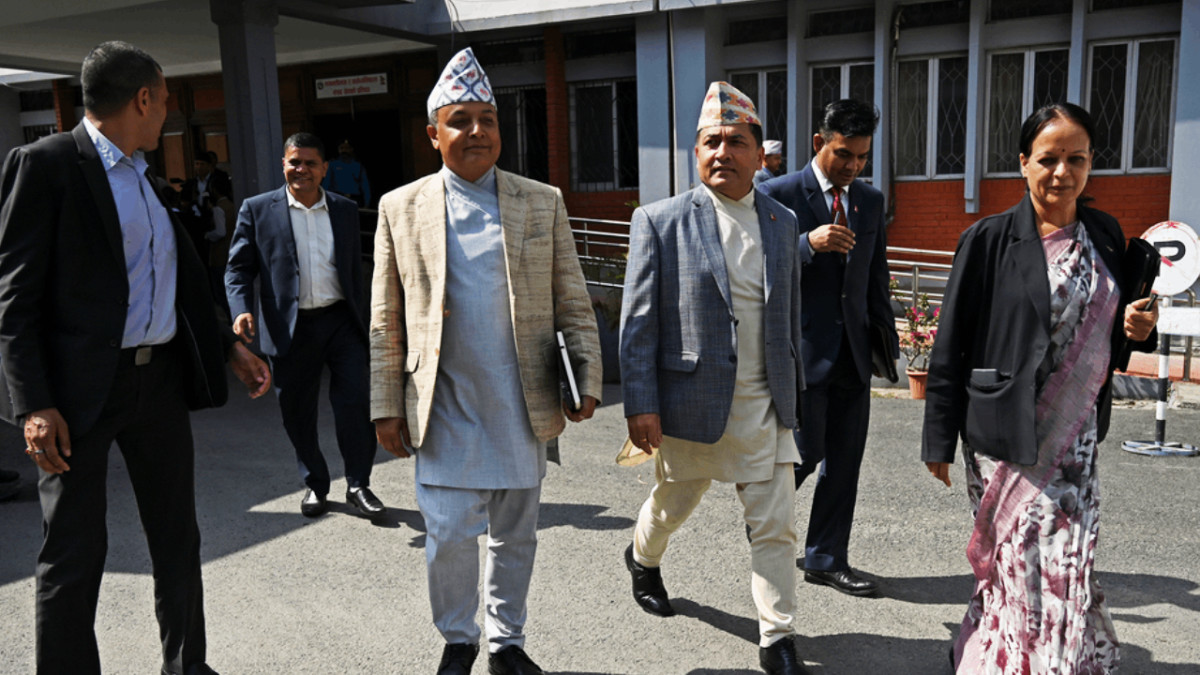


.jpeg)
.gif)











